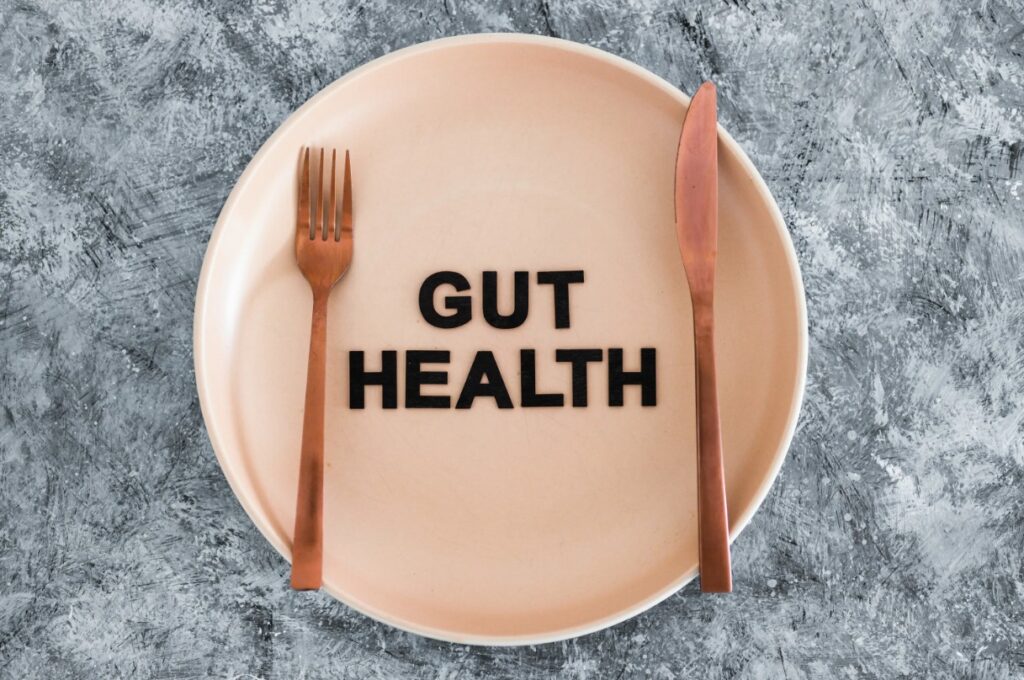A healthy gut is the cornerstone of overall wellness, influencing everything from digestion to immune function and even mental health. The key to optimal gut health lies in a balanced microbiome—the trillions of bacteria living in your digestive tract. When these microbes are in harmony, they help break down food, absorb nutrients, and protect against harmful pathogens. But how do you keep them thriving? The answer is simple: feed them the right foods.
Probiotic-rich foods are essential for maintaining a diverse gut microbiome. Fermented foods like yogurt, kefir, sauerkraut, kimchi, and miso introduce beneficial bacteria into your system, helping to restore balance. These foods are especially helpful after taking antibiotics or during periods of digestive discomfort. For best results, aim to include at least one probiotic food in your daily diet—whether it’s a morning smoothie with kefir or a tangy scoop of kimchi with lunch.
Prebiotics, the non-digestible fibers that feed good bacteria, are just as important. Foods like garlic, onions, leeks, asparagus, bananas, and oats act as fuel for probiotics, helping them multiply and flourish. A diet rich in both probiotics and prebiotics creates a symbiotic relationship in your gut, enhancing digestion and reducing bloating. Try combining them in meals, such as a yogurt parfait with bananas and oats or a stir-fry with garlic and asparagus.
Fiber is another gut health superstar, promoting regular bowel movements and preventing constipation. Whole grains, legumes, chia seeds, flaxseeds, and fruits like apples and pears are excellent sources of soluble and insoluble fiber. Soluble fiber absorbs water, forming a gel-like substance that slows digestion, while insoluble fiber adds bulk to stool. Together, they keep your digestive system running smoothly. If you’re new to high-fiber eating, increase your intake gradually to avoid discomfort.
Hydration plays a crucial role in gut health as well. Water helps dissolve soluble fiber and keeps the digestive tract lubricated, preventing sluggish digestion. Herbal teas, bone broth, and water-rich fruits and vegetables (like cucumbers and melons) also contribute to hydration. For an extra gut-friendly boost, try sipping on ginger or peppermint tea, which can soothe indigestion and reduce bloating.
Certain foods can harm your gut if consumed in excess. Processed foods, artificial sweeteners, and excessive alcohol can disrupt the microbiome, leading to inflammation and digestive issues. Refined sugars, in particular, feed harmful bacteria, so minimizing sugary snacks and sodas is a smart move for gut health. Instead, satisfy your sweet tooth with natural options like berries or dark chocolate, which contain antioxidants that support digestion.
Finally, listen to your body—everyone’s digestive system is unique. Pay attention to how different foods make you feel and adjust your diet accordingly. Keeping a food journal can help identify triggers for bloating or discomfort. With the right balance of probiotics, prebiotics, fiber, and hydration, you’ll be on your way to a happier, healthier gut in no time!

